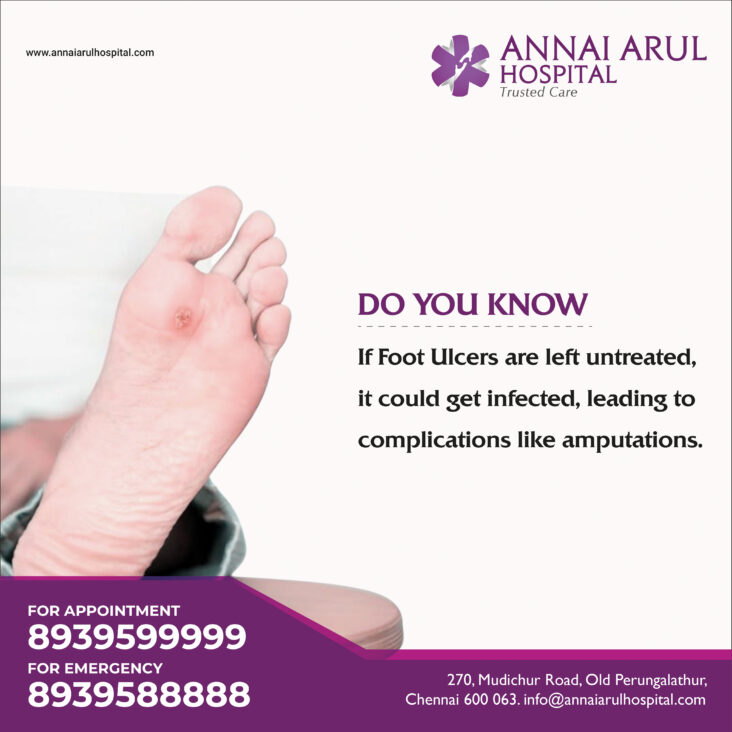
May the harvest of your hard work yield a bountiful crop of achievements, and may the festival bring you prosperity in abundance.


May the harvest of your hard work yield a bountiful crop of achievements, and may the festival bring you prosperity in abundance.

Airplane Ear (Ear Barotrauma)
Self-Care Solutions and tips to avoid Airplane Ear:
Consult a Doctor for Severe Cases: Seek medical attention for severe airplane ear symptoms.
#AirplaneEar
#TravelTips
#EarHealth
#PressureEqualization
#EarCare
#FlyingComfortably
#TravelHealth
#SelfCare
#InflightTips
#EarProtection

Common underlying causes of diabetic foot complications include:
Approximately 60% of individuals with diabetes will eventually develop neuropathy, which can progress and lead to the formation of foot ulcers.
Visit our General Surgeon and get your foot ulcer treated.
#DiabeticFoot
#FootComplications
#DiabetesCare
#NeuropathyAwareness
#FootUlcers
#GlycemicControl
#PeripheralNeuropathy
#DiabetesPrevention

#ChildHealth
#SeizureAwareness
#EpilepsyEducation
#ParentingTips
#TeacherResources
#SeizureSymptoms
#ChildWellness
#HealthAwareness
#EpilepsySupport
#SpotTheSigns


Broken Heart Syndrome, a heart condition often triggered by intense emotions or stressful situations, can also arise from severe illnesses or surgery. Thankfully, it’s usually temporary, although some individuals may experience lingering discomfort even after their heart has healed.
Symptoms of Broken Heart Syndrome can closely resemble those of a heart attack, including sudden chest pain and breathlessness. However, it’s important to note that Broken Heart Syndrome affects only a portion of the heart, briefly interrupting its normal blood-pumping function. Interestingly, at times, the heart may contract more forcefully during this condition.
Treatment for Broken Heart Syndrome typically involves the use of medications to manage its symptoms.
This condition may also go by various names, including Stress Cardiomyopathy, Takotsubo Cardiomyopathy, Recurrent Takotsubo Cardiomyopathy, and Apical Ballooning Syndrome.
Symptoms of Broken Heart Syndrome may include:
The exact cause of this syndrome remains unclear, but it is believed that a surge in stress hormones, like adrenaline, could temporarily harm the heart in some individuals. Whether these hormones directly affect the heart or if other factors are involved remains a subject of ongoing research. Temporary constriction of the heart’s large or small arteries may also contribute to the condition, along with potential changes in the heart muscle structure.
Broken Heart Syndrome often follows intense emotional or physical events, such as sudden illness (like asthma attacks or COVID-19 infection), major surgery, fractures, the loss of a loved one, or emotionally charged arguments. In rare cases, certain drugs, including emergency medications for severe allergic reactions or asthma, some anxiety treatments, nasal decongestants, and illicit stimulants like methamphetamine and cocaine, have been associated with this condition. It’s crucial to inform your healthcare provider about any medications you are taking, including over-the-counter ones, and discuss potential risks and side effects when starting a new medication.
Notably, Broken Heart Syndrome differs from a heart attack, as it doesn’t result from a complete or near-complete blockage of a heart artery. Instead, it involves a temporary reduction in blood flow through the heart arteries.
When to Seek Medical Attention: Any persistent chest pain warrants immediate medical attention, as it could be indicative of a heart attack. If you experience new or unexplained chest pain, a very rapid or irregular heartbeats, or shortness of breath, don’t hesitate to contact emergency services promptly. Your heart health is of utmost importance.
#BrokenHeartSyndrome
#HeartHealth
#EmotionalStress
#EmergencyHeartCare
#AnnaiArulHospitalEmergencyCare